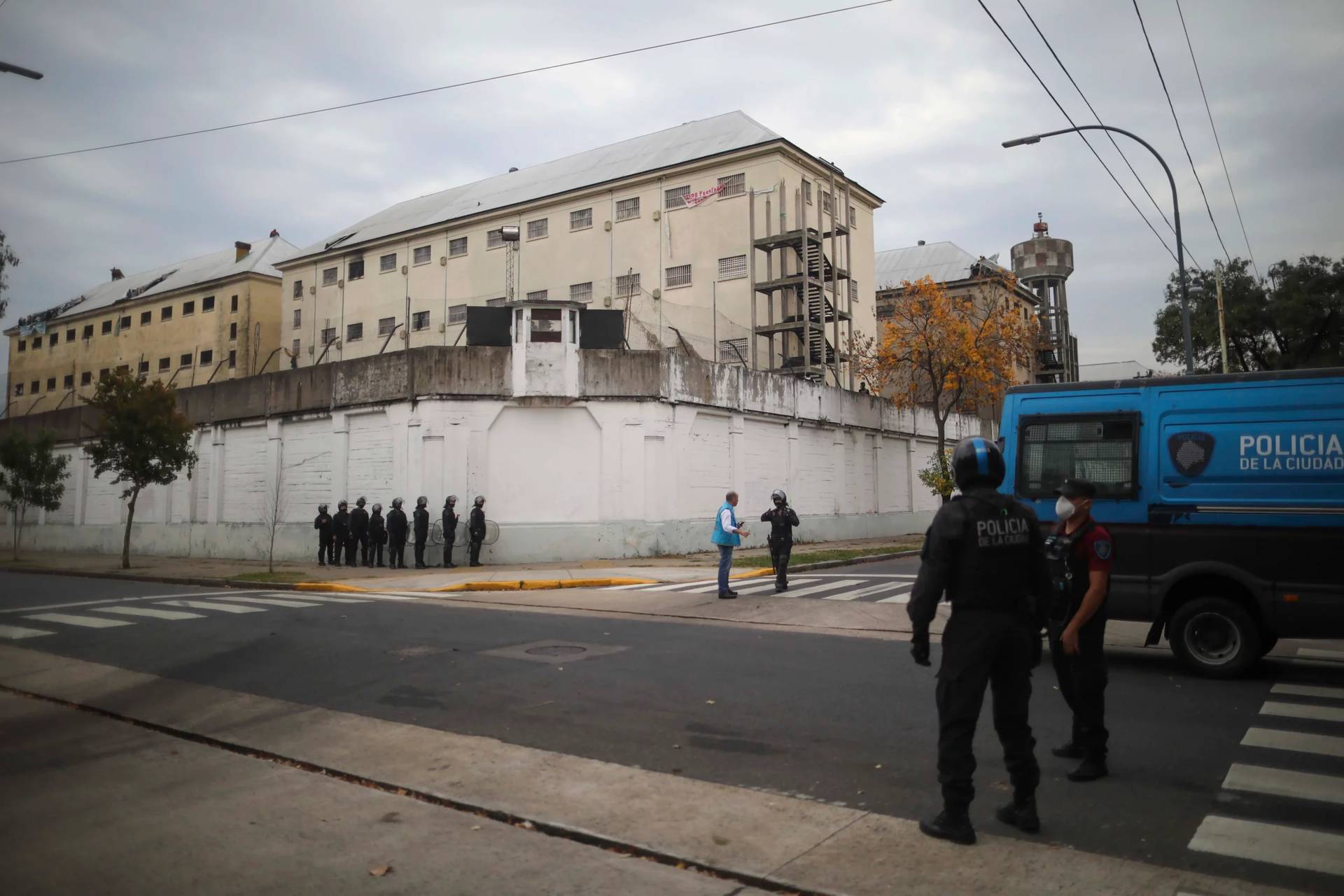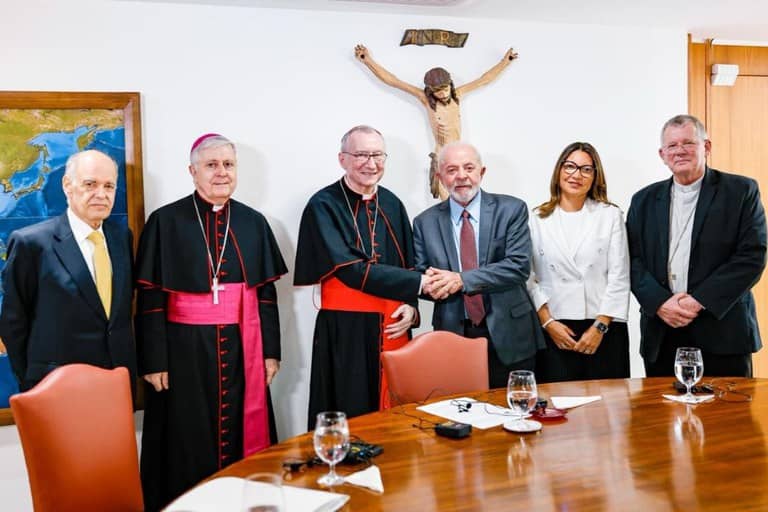ROSARIO, Argentina – For the first time in its history, the Inter-American Human Rights Commission promised to defend victims of clerical sexual abuse, with cases being reported in at least 19 countries in Latin America.
In a hearing held last Thursday on the issue, the commission’s vice president, Flavia Piovesan, told victims and survivors “you have our firm and absolute commitment to be a part of this cause.”
The Washington, D.C.-based commission is an autonomous part of the Organization of American States and is the main human rights body in the Americas. Thursday’s hearing was held via Zoom due to the COVID-19 pandemic.
RELATED: Chilean abuse survivors fear COVID crisis will stop investigations into accused clergy
The commission said it was committed to using its power to demand information on cases that are not being resolved by member states.
Adalberto Méndez, the legal coordinator for Ending Clerical Abuse, presented a series of cases to the commission to illustrate the way individual governments have helped cover up the crimes, failed to protect victims or help them get justice.
RELATED: Ex-archbishop in Chile dies before facing trial for sex abuse
“The Inter-American Human Rights Commission recognized the range of rights that have been violated, as a consequence of government covering up clerical sex abuse of children,” Méndez said.
During the audience, the advocacy group presented the commission with a report: “Responsibility of the States in the Americas with regard to the Impunity of Sexual Abuse of Children and Adolescents in Religious Institutions.”
RELATED: Pope says fighting clerical abuse fosters deeper respect for life
Lawyer Sergio Salinas, who pursued the case of sexual abuses at the Antonio Próvolo school for deaf children in Argentina, said governments “have had a position of omission, of not controlling the Church even though children were abused in those institutions.”
Though much if the hearing turned around Latin America, with four specific cases being presented in addition to that of the Provolo case, the lawyer for ECA denounced that there have been cases of collusion between the State and religions in all member states, underlining allegations of clerical abuse in indigenous communities in Canada among other examples given.
Cases of clerical sexual abuse have been reported in at least 19 countries in Latin America. A 2019 report by Children Rights International Network said that Mexico had over 550 reported cases; Chile had 243; Colombia had around 140; and Argentina some 130.
RELATED: Children’s rights group says ‘third wave’ of abuse scandals hitting Latin America
These numbers are on the rise, with new cases being reported almost weekly in the region. The Chilean Network of Clerical Abuse Survivors has a detailed map showing exactly where 360 allegations have been reported as of August 2020: This is 49 more than in January. The list includes several bishops and at least two cardinals accused of covering up abuse cases.
RELATED: Survivors’ group in Chile condemns abuse ‘secretism’ of Catholic Church
In 2018, Pope Francis sent two top Vatican investigators to look into the many allegations of abuse in the country. That investigation led to the Chilean bishops’ conference resigning en masse after being summoned to Rome. The pope accepted a third of the resignations in a matter of months.
However, survivors and advocates have argued that almost two years after that report there are still many question marks about the abuse crisis in Chile. Advocates also complain that the bishops were allowed to resign without any reprimand or even acknowledgement of any accusation of wrongdoing: As is usually the case, the Vatican never acknowledged why their resignations were accepted.
After the Vatican released its long-awaited report on the rise and fall of the laicized former cardinal Theodore McCarrick in the United States, Chilean survivors asked for the report on their situation to be made public, too.
RELATED: After McCarrick report, Chile wants full accounting of its abuse crisis
An estimated 40 percent of the Latin American population is Catholic – although that number continues to decline – and the region is home to some of the world’s largest Catholic populations, including Mexico and Brazil.
According to the Inter-American Human Rights Commission, the main objective when helping survivors will be to question “the responsibility” that governments have in covering up the causes of abuse, and in the lack of justice towards the victims, which violates the human rights of children and adolescents.
Méndez told the commission that the problem is not a “question of faith,” but a “earthly matter, of people who’re committing crimes,” as well as States that, “in a generalized and systemic way” abandon survivors and allow for crimes to go unpunished.
Follow Inés San Martín on Twitter: @inesanma

















